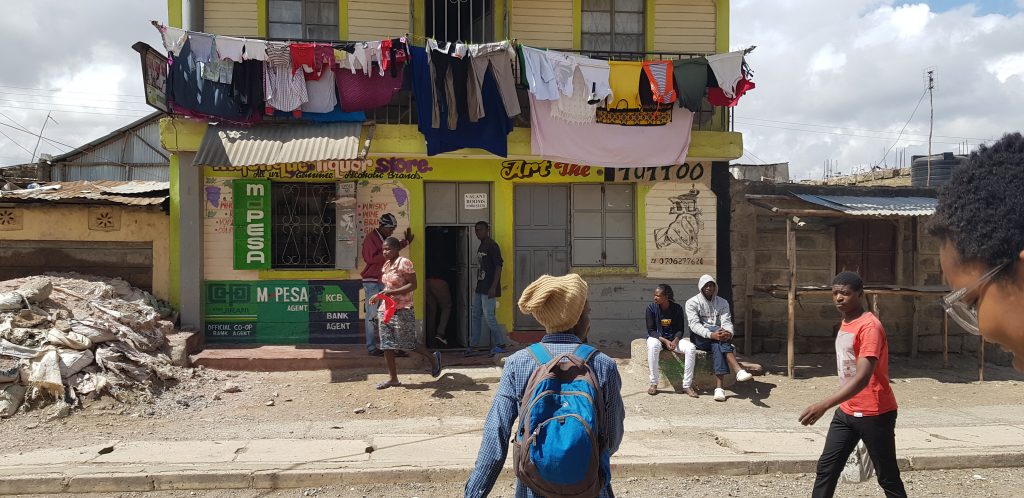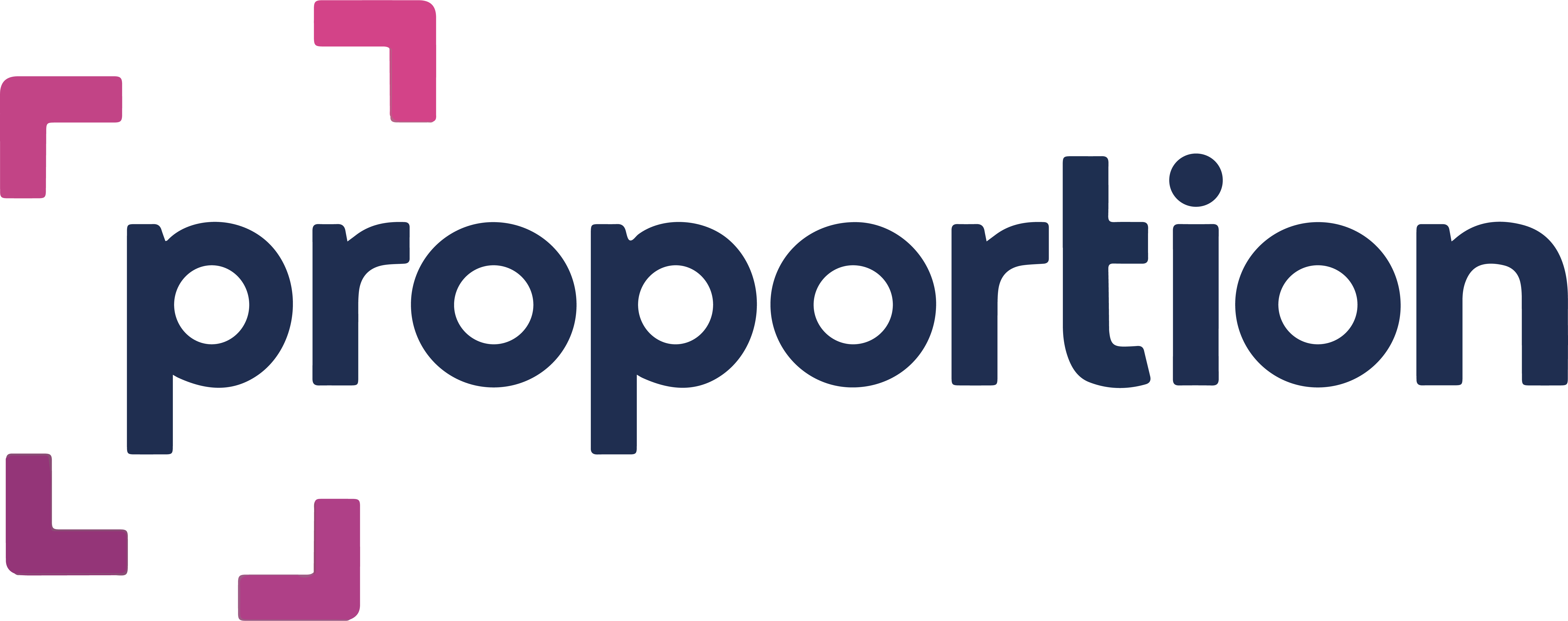
Rethinking how to increase income levels of young mothers in Nairobi slums
PARTNERS
DONORS
LOCATION
Nairobi, Kenya
HCD TEAM
ASSIGNMENT
Leading an innovation sprint with Plan International to create economic solutions to impact young mothers and their children.
APPROACH
There was a 2-week innovation sprint. During week 1 we held a research sprint to go from a wide problem to a well-defined design challenge based on expert input and qualitative research with youth within the community.
Week 1 Research sprint
Results;
- Most young mothers are faced with uncertainty when it comes to their income
- Informal work can give young women the flexibility they need
- The children are the biggest priority
- There are some obstacles to realise their dream
Week 2 Design sprint
- Ideation
In order to answer the question we held an ideation day together with the youth. Based on this ideation session we came up with a concept: Mothers unite.Three important elements belong to this concept: a referral system to vet clients and service providers, a daycare model to organize reliable and affordable childcare, and group saving with a more modest daily amount. - Prototyping
Different childcare models were explored which should be more reliable and accessible than existing daycare options. In this phase three models were tested, a time-sharing model, a fee-based model and a full-time paid model - User testing & Validation
At the end of the design sprint the final concept was validated in a day through 5 final user testing sessions where the target groups got to express their thoughts on the concept.
OUTCOME
Mothers Unite, a cooperative led by young mothers, which ensures better quality and a more stable work environment for informal domestic services, such as childcare, cleaning and washing clothes.
Three important elements belong to this concept: a referral system to vet clients and service providers, a daycare model to organize reliable and affordable childcare, and group saving with a more modest daily amount.
Which allows the groups to self-organize and gather clients in their own community. The aim is that women can form a group with others that they already know and trust. This also gives space to start a trustworthy group saving project, with an affordable daily income.
A referral system is put into place in order to vet clients and service providers: at all times, the goal is to create a safe and risk-free working environment for young women. At the same time, a worker offering domestic services seems more reliable when they are part of a collective. That way there is always a representative. It will also help women increase their skill and client base: the referral system allows women to focus on one particular skill, so if a client is looking for that service, they can be referred to the most skilled service provider.
This project was commissioned by Proportion Global. If you’ve enjoyed reading this case and want to dive deeper, we’d love to hear from you. Reach out to us to discuss ideas, ask questions, or explore collaboration. Let’s turn curiosity into action together. Contact Us


Responses